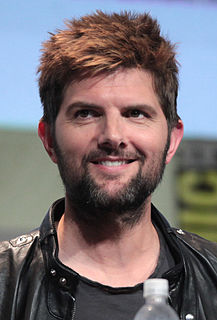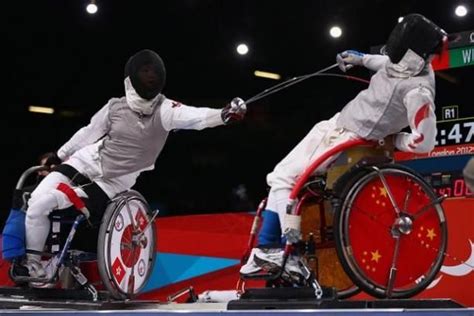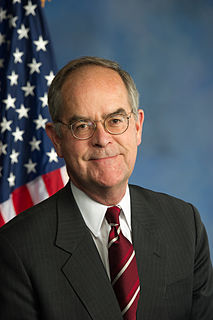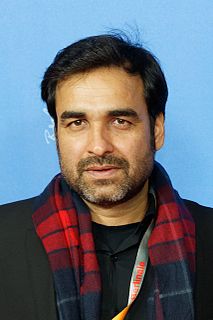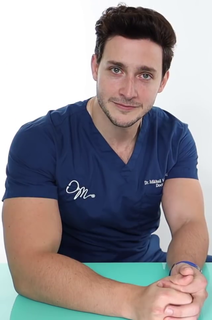Цитата Мэзи Хироно
Я очень открыто говорил о своей проблеме со здоровьем, потому что считаю очень важным сообщить своим избирателям, что, несмотря на то, что я все еще прохожу курс лечения, ничто в этом лечении не мешает мне выполнять свою работу.
Связанные цитаты
Программа Obamacare не направлена на улучшение медицинского обслуживания, удешевление страховки, улучшение лечения или страхование незастрахованных, и никогда не касалась этого. Это про этатизм. Речь идет о расширении правительства. Речь идет о контроле над населением. Это касается всего, кроме здравоохранения.
Основание аргументов в пользу равного обращения с национальными или расовыми меньшинствами на предположении, что они не отличаются от других людей, означает имплицитно признать, что фактическое неравенство оправдывает неравное обращение, и доказательство того, что некоторые различия действительно существуют, не будет иметь значения. долго ждать. Суть требования равенства перед законом заключается в том, чтобы с людьми обращались одинаково, несмотря на то, что они разные.
Для меня всегда было важно открыто говорить людям о том, что я идентифицирую себя как феминистку, потому что это возможность познакомить людей с движением и рассказать им о нем. Молодые женщины не идентифицируют себя как феминистки, потому что они не знают никаких феминисток и не имеют всестороннего понимания, что это такое, я привел им пример и возможность спросить об этом. И как только они увидели, что я не являюсь воплощением негативного феминистского стереотипа — что я такая же нормальная девочка-подросток, как и они — я думаю, они стали более открытыми для изучения того, что такое феминизм на самом деле.
Когда у меня был рак кости, мне было всего 11 лет. Я думаю, что мои родители много страдали, потому что они очень беспокоились о моем здоровье, о моей жизни. Для меня это было довольно плохое самочувствие во время лечения. Но мне очень нравилось оставаться в больнице, потому что со мной играло очень много детей.
Важно рассказать учащимся о реальности системы, о том, что на самом деле они несправедливо преследуются, что правила установлены таким образом, что допускают несправедливое обращение с ними, и как трудно их оспорить. эти законы в судах. Нам нужно научить их тому, как изменилась наша политика за последние годы, как, собственно, произошла обратная реакция. Но нам нужно соединить эту информацию с историями о том, как люди в прошлом боролись с такого рода несправедливостью, и с той ролью, которую молодежь исторически играла в этой борьбе.
В то время как причины предоставляются фактами, ... рациональность ... вместо этого зависит от наших убеждений. [...] [Я] если я ошибочно полагаю, что мой отель горит, для меня может быть рациональным прыгнуть в канал. Но у меня нет причин прыгать. Я просто думаю, что знаю. И, если какое-то опасное лечение может спасти вам жизнь, но вы не знаете этого факта, было бы нерационально для вас принимать это лечение, но это то, на что у вас больше всего оснований.
Я думаю, что есть сила в том, чтобы быть честным и открытым в отношении себя и своей борьбы. Но это также может быть проблемой. Это моя жизнь, я живу со своим психическим здоровьем, и это происходит со мной каждый день. Я могу говорить об этом с позиции «О, я сделал это», но я все еще живу этим существованием.






